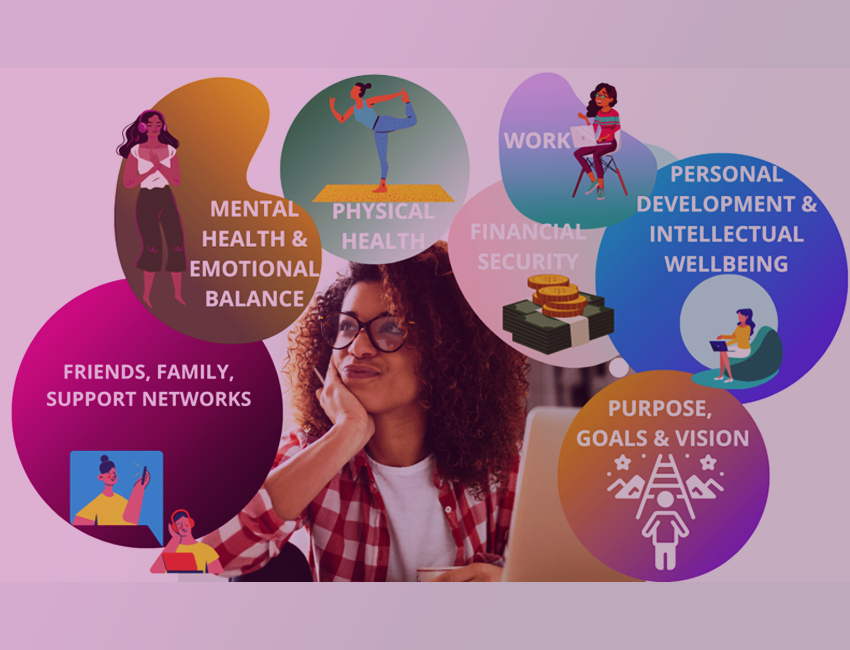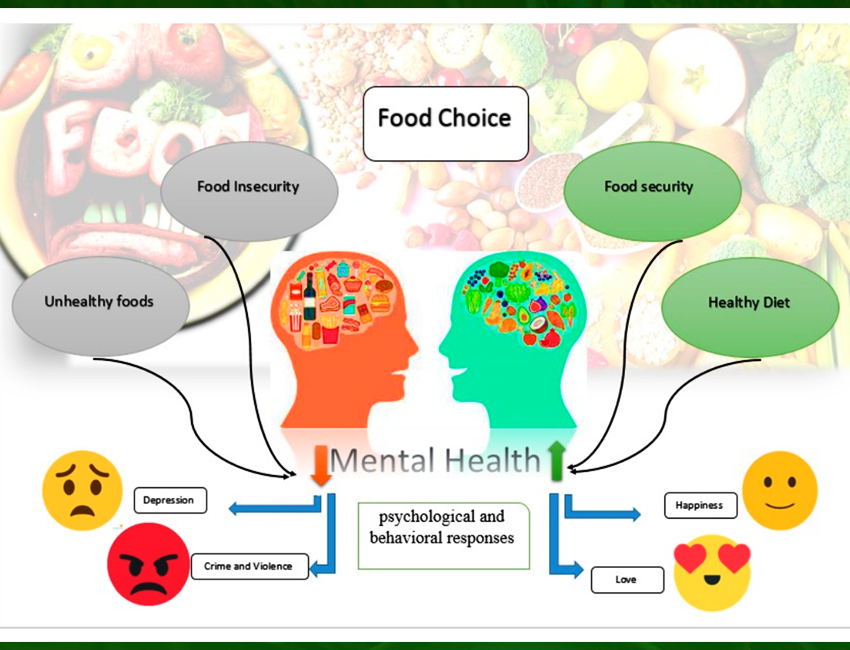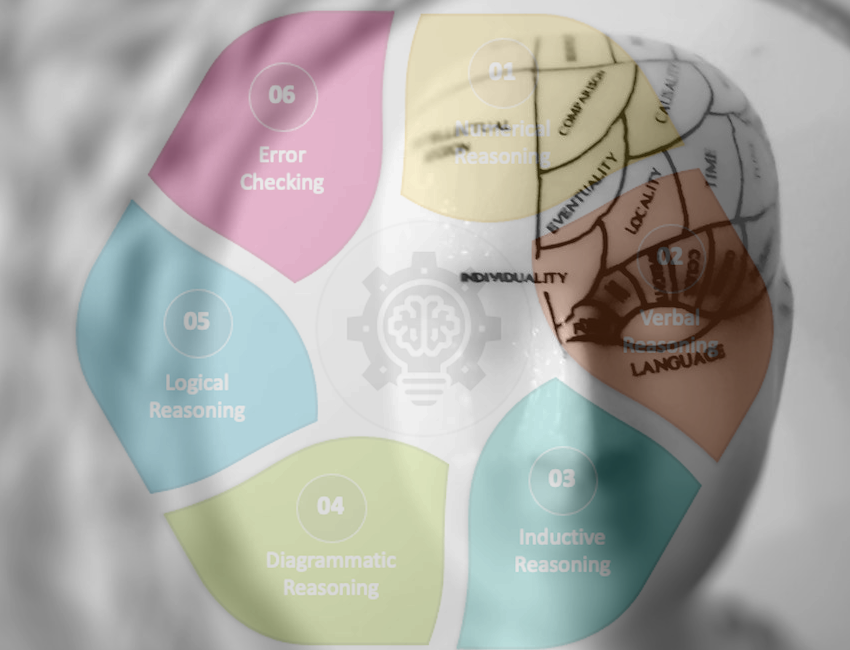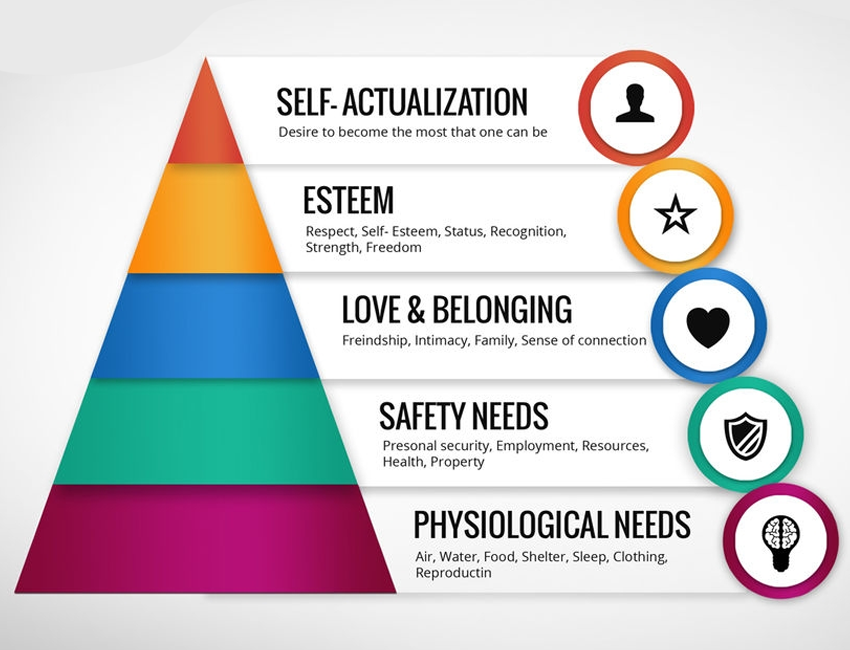
Wellbeing & Leadership Articles
Researched articles helping you navigate the fundamental factors of well-being
5 Reasons Employees Wellbeing Matter
This article explores the intersection between employee wellbeing and workplace profit. Covering fundamental areas as depicted by Abraham Maslow that enable human being to thrive which in turn drives productivity and profit.
Diet and Behaviour
Meal times are important as they fuel our energy, help us to manage our stress, allow us social time which allows for relationship building and establishing trust as well confidence, support our sleep and decision making and impact greatly the way we communicate.
Culture is set by habits and beliefs, these habits and beliefs are reflected in behaviour, decision making and communication further compounding the habit and belief cycle.
What is Stress?
Elastic band analogy- look at an elastic band for example; until it’s pulled taught there is no tension, once tension is applied it can be defined as stressed! This is simplistic. In human terms stress can be defined as an event, circumstance, thought that causes us to feel anxious, depressed, anguished, excited, longing, apprehensive, it can take many forms some good and others bad along a spectrum.
Improving Business With Conscious Processes
Conscious business practices are rooted in human psychology. They take into account that people want to feel safe and supported. They want to have a voice and be heard. They wanted to be treated with care and be able to trust the people around them. Businesses that take on board conscious practices integrate an awareness of this into their strategies and practices. When you decide to become a conscious business, the starting point is your company purpose. You need to ensure your company purpose is well-defined. It determines the direction your business is heading in and guides both the company’s strategies and your employee’s decisions and actions
How To Meet Your Needs
The point of meeting our survival needs is that it helps us to be better problem solvers, critical thinkers, innovators. When meeting out basic needs becomes the thing we are chasing it can feel like daily battle, one that is unnecessary. Where we can working flexibility and have more opportunity to meet our basic needs, the warmer, more involved and engaged we feel in community which starts to meet secondary needs, it flows nicely.






